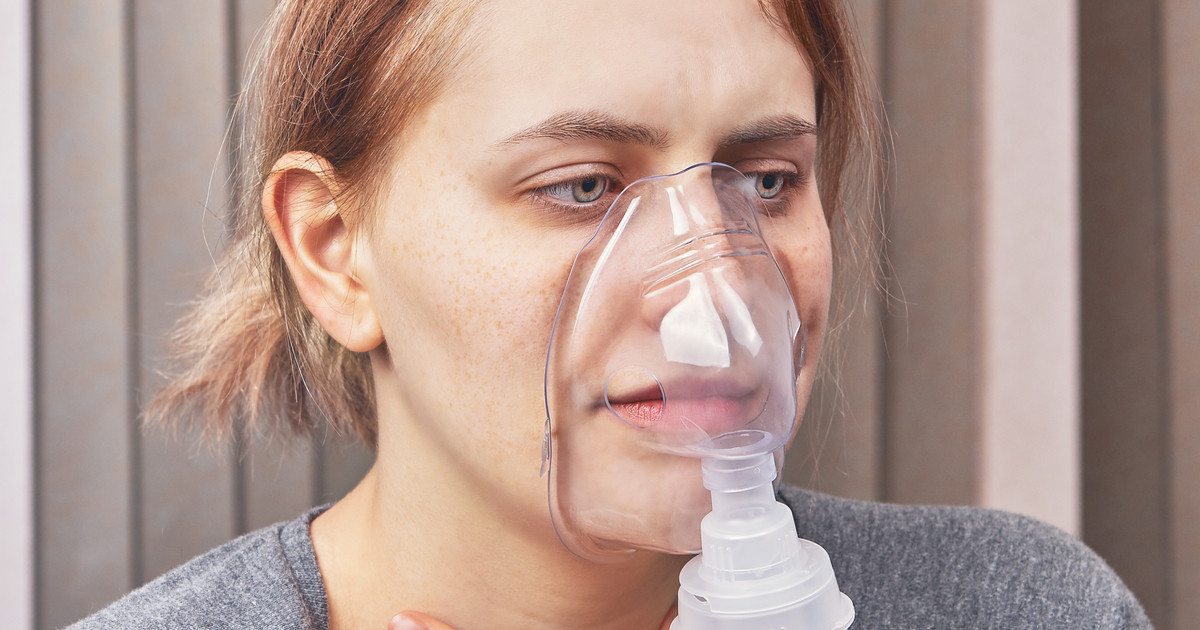What Are The Common Genetic Conditions?
Cystic Fibrosis
Cystic fibrosis seems to be the result of a mutation in the CFTR gene. This disease may be fatal for some patients. It appears to affect many organs and body functions. Patients with this gene defect seem to have issues with a protein that regulates fluids. Thus, their body may produce too much saliva, sweat, and mucus. This seems to cause the lungs to fill with fluid. Congestion in the lungs may trigger the most common symptom: breathing problems. Other warning signs appear to be abnormal growth, sinus issues, and impaired body development. Male patients seem to experience infertility.
This disorder may trigger several secondary health issues. One such example appears to be kidney failure due to dehydration from excessive sweating. Female patients seem to have a higher mortality rate. Unfortunately, the reason for this does not appear to be clear. Overall, cystic fibrosis may put individuals at a higher risk for bone conditions and diabetes.
Get more information on potentially common genetic conditions now.
Alzheimer's Disease
Alzheimer's disease seems to be the leading cause of death from genetic conditions. Although it may be inherited, it does not always appear to be hereditary. Potential risk factors may include brain trauma and environmental causes. However, when it is inherited, patients seem to have one of three gene mutations. Alzheimer's disease may happen at any age, though onset appears to be the most common between thirty to sixty years old. The first symptom seems to be memory problems. Other symptoms may appear as the condition progresses. Examples may include issues with speech, movement, bodily functions, and other cognitive processes. The patient's memory also appears to degenerate over time.
Patients appear to be at risk of pressure sores and aspiration pneumonia. Both may contributing factors to the mortality rate in this condition. The latter seems to mean that patients inhale their food instead of swallowing it. This may trigger pneumonia in their lungs. Pressure sores appear to be the result of staying in bed for too long. They may increase the patient's risk of infections like sepsis.
Uncover more conditions that may be genetic now.

